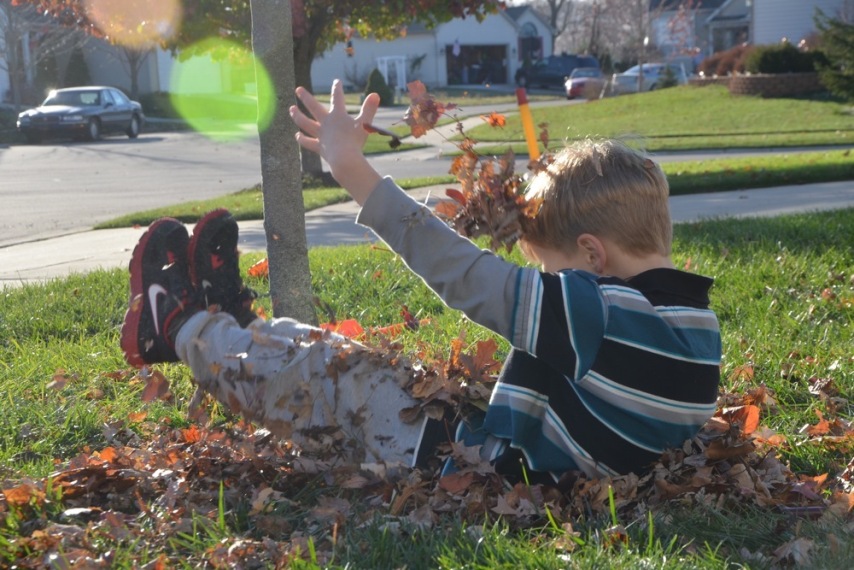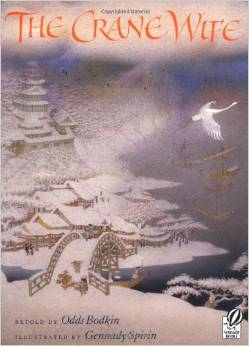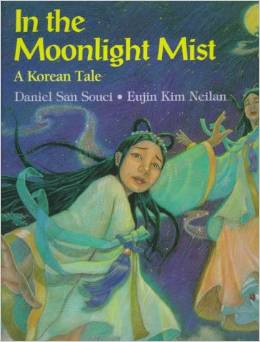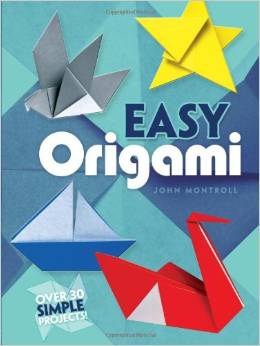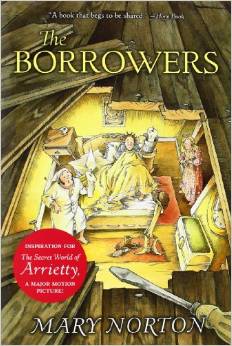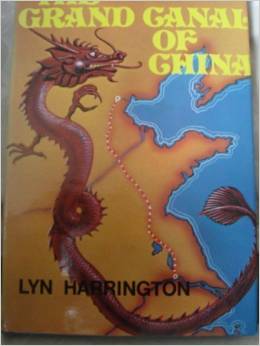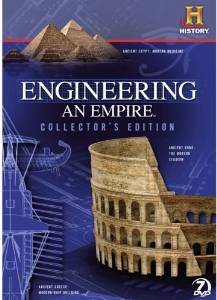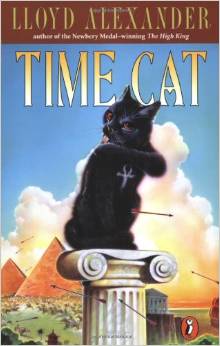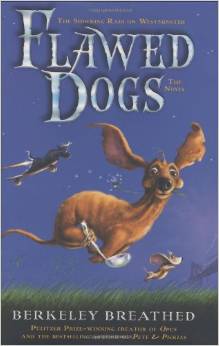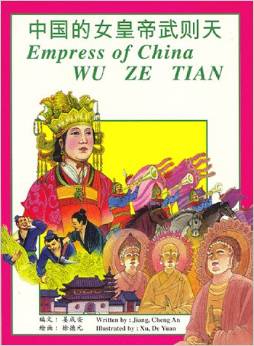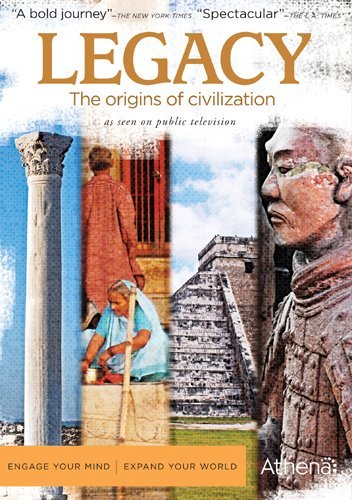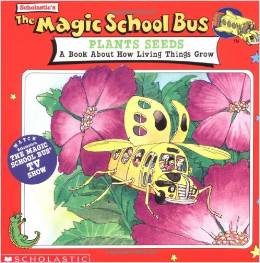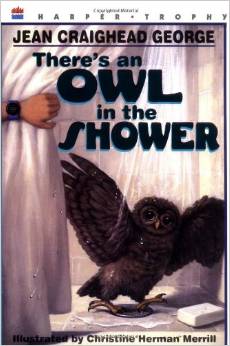This week in history, Islam is still becoming an empire (because we are still working on SOTW2 ch. 7). We focused more again this week on the Middle East culturally, so our focus went back to story books and one good video.
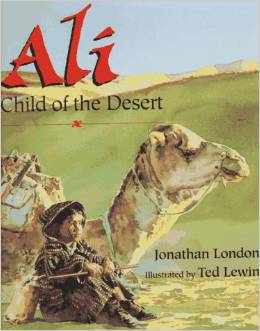 Ali, Child of the Desert is the story of a modern day boy accompanying his father on an annual journey to market where they will sell some of their camels. The camel train is overtaken by a dust storm and Ali is separated from his father and must care for himself and find a way back. This is a picture book, and the story is fairly light, fairly what you would expect it to be, but it does a good job of characterizing the desert and its people.
Ali, Child of the Desert is the story of a modern day boy accompanying his father on an annual journey to market where they will sell some of their camels. The camel train is overtaken by a dust storm and Ali is separated from his father and must care for himself and find a way back. This is a picture book, and the story is fairly light, fairly what you would expect it to be, but it does a good job of characterizing the desert and its people.
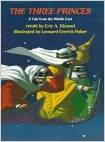 The Three Princes is a retelling of a traditional middle eastern folk tail. A princess sends three princes to each find her something that will prove their true love so that she may choose one of them to marry. When tragedy strikes (or promises to strike in the future), the three princes work together to repel it and save the princess. Beautiful images in rich colors really add to the middle eastern flavor of this picture book folk story. Very nice.
The Three Princes is a retelling of a traditional middle eastern folk tail. A princess sends three princes to each find her something that will prove their true love so that she may choose one of them to marry. When tragedy strikes (or promises to strike in the future), the three princes work together to repel it and save the princess. Beautiful images in rich colors really add to the middle eastern flavor of this picture book folk story. Very nice.
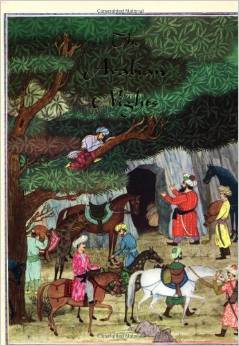 And what cultural study of the Middle East would be complete without some version of The Arabian Nights? We've read these stories many times over the years with Calvin, and we have a couple of different editions and collections. This particular one has only thirteen of the stories in it, but while it is part of a "junior" set, it's a junior set that was compiled mid century, so it's not as lite as today's "junior" standards would have it. The language remains quite beautiful, in fact, and the rich illustrations add to the book's intrigue.
And what cultural study of the Middle East would be complete without some version of The Arabian Nights? We've read these stories many times over the years with Calvin, and we have a couple of different editions and collections. This particular one has only thirteen of the stories in it, but while it is part of a "junior" set, it's a junior set that was compiled mid century, so it's not as lite as today's "junior" standards would have it. The language remains quite beautiful, in fact, and the rich illustrations add to the book's intrigue.
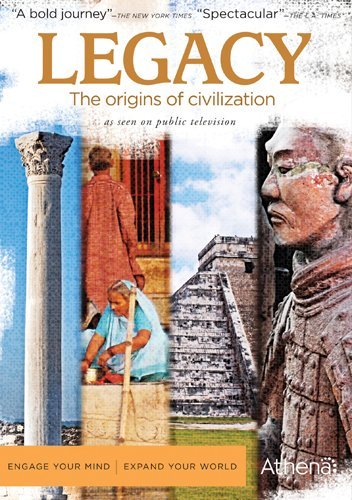 And we also watched Legacy: The Origins of Civilization, episode 1 Iraq: Cradle of Civilization. This is Michael Wood at his later finest (not his earlier finest, when he was considered a "thinking woman's crumpet"). His excitement about history is almost palpable, and quite contagious. He takes us to various places in Iraq and traces the history of the people there. Too wide ranging to contain great detail, but definitely gives a good feel for the area and some of its culture with good links to the past.
And we also watched Legacy: The Origins of Civilization, episode 1 Iraq: Cradle of Civilization. This is Michael Wood at his later finest (not his earlier finest, when he was considered a "thinking woman's crumpet"). His excitement about history is almost palpable, and quite contagious. He takes us to various places in Iraq and traces the history of the people there. Too wide ranging to contain great detail, but definitely gives a good feel for the area and some of its culture with good links to the past.
This week in science...still reviewing BFSU1.
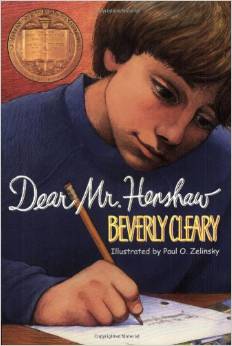 And this week in literature, Calvin read and reviewed Dear Mr. Henshaw. Not one of his favorites. He was bothered by the main character's lack of literary prowess. Plus the story here—a coming of age boy writing to an author and coming to terms with his parents' divorce—doesn't really resonate with Calvin, who is simultaneously a little young and a little old for it. And, I think it was a little light for him. Not enough fantasy. He flew through it and I think he was bored.
And this week in literature, Calvin read and reviewed Dear Mr. Henshaw. Not one of his favorites. He was bothered by the main character's lack of literary prowess. Plus the story here—a coming of age boy writing to an author and coming to terms with his parents' divorce—doesn't really resonate with Calvin, who is simultaneously a little young and a little old for it. And, I think it was a little light for him. Not enough fantasy. He flew through it and I think he was bored.
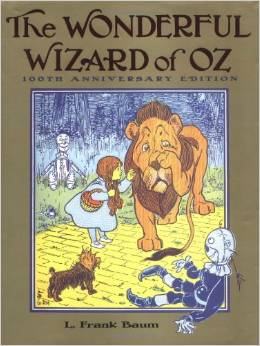 We took this entire week off from school so that Calvin could perform with our local professional theater company in their spring performance of The Wizard of Oz. He and the other kids who played munchkins, and a variety of other small parts like flying monkeys, have been rehearsing with them once or twice a week for several months now. This week they had three full days of rehearsal followed by two performances each on Thursday and Friday, plus weekend performances as well. So, no school. But Calvin did spend a lot of his free time rereading the Oz books.
We took this entire week off from school so that Calvin could perform with our local professional theater company in their spring performance of The Wizard of Oz. He and the other kids who played munchkins, and a variety of other small parts like flying monkeys, have been rehearsing with them once or twice a week for several months now. This week they had three full days of rehearsal followed by two performances each on Thursday and Friday, plus weekend performances as well. So, no school. But Calvin did spend a lot of his free time rereading the Oz books. Weekly book shelf | tagged
Weekly book shelf | tagged  literature
literature 